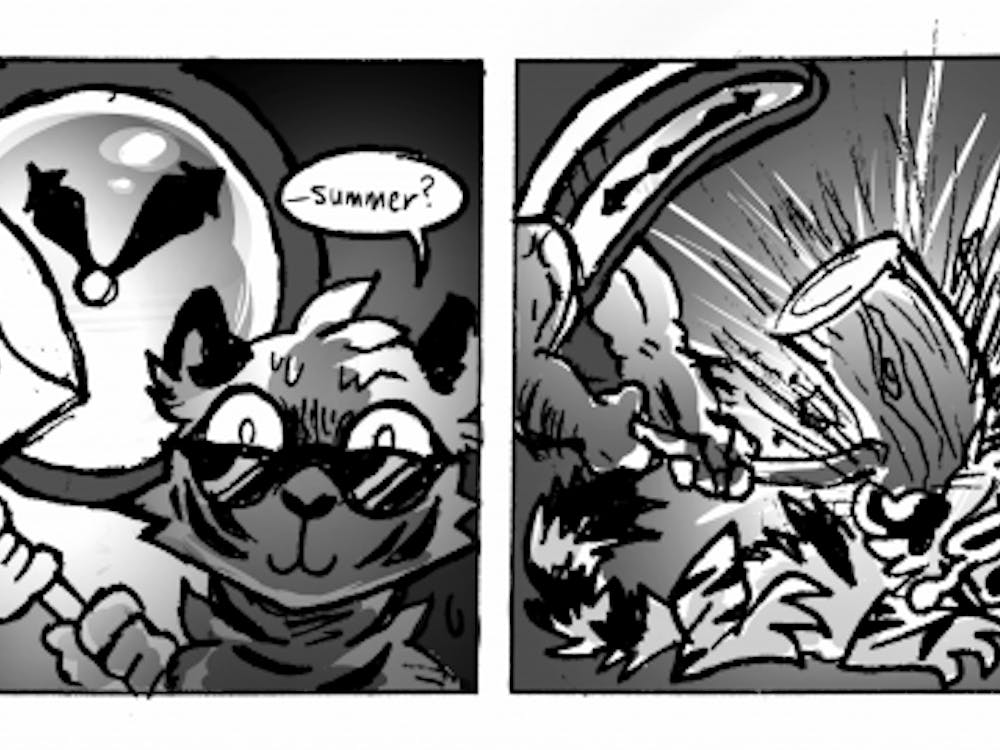Open Letter: PGSU on divergent perspectives
Guest ContributorPGSU: "There is no room in a civil, democratic society for these two positions to 'debate' on an even playing field. Allowing or encouraging such “debate” does not affirm 'free speech' but instead threatens many people whose safety and personhood has long been devalued."








